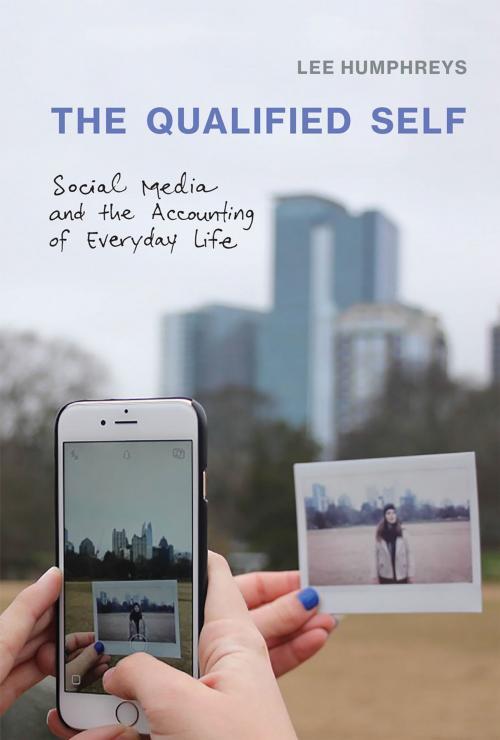The Qualified Self
Social Media and the Accounting of Everyday Life
Nonfiction, Science & Nature, Technology, Social Aspects, Science, Social & Cultural Studies, Social Science| Author: | Lee Humphreys | ISBN: | 9780262346269 |
| Publisher: | The MIT Press | Publication: | April 13, 2018 |
| Imprint: | The MIT Press | Language: | English |
| Author: | Lee Humphreys |
| ISBN: | 9780262346269 |
| Publisher: | The MIT Press |
| Publication: | April 13, 2018 |
| Imprint: | The MIT Press |
| Language: | English |
How sharing the mundane details of daily life did not start with Facebook, Twitter, and YouTube but with pocket diaries, photo albums, and baby books.
Social critiques argue that social media have made us narcissistic, that Facebook, Twitter, Instagram, and YouTube are all vehicles for me-promotion. In The Qualified Self, Lee Humphreys offers a different view. She shows that sharing the mundane details of our lives—what we ate for lunch, where we went on vacation, who dropped in for a visit—didn't begin with mobile devices and social media. People have used media to catalog and share their lives for several centuries. Pocket diaries, photo albums, and baby books are the predigital precursors of today's digital and mobile platforms for posting text and images. The ability to take selfies has not turned us into needy narcissists; it's part of a longer story about how people account for everyday life.
Humphreys refers to diaries in which eighteenth-century daily life is documented with the brevity and precision of a tweet, and cites a nineteenth-century travel diary in which a young woman complains that her breakfast didn't agree with her. Diaries, Humphreys explains, were often written to be shared with family and friends. Pocket diaries were as mobile as smartphones, allowing the diarist to record life in real time. Humphreys calls this chronicling, in both digital and nondigital forms, media accounting. The sense of self that emerges from media accounting is not the purely statistics-driven “quantified self,” but the more well-rounded qualified self. We come to understand ourselves in a new way through the representations of ourselves that we create to be consumed.
How sharing the mundane details of daily life did not start with Facebook, Twitter, and YouTube but with pocket diaries, photo albums, and baby books.
Social critiques argue that social media have made us narcissistic, that Facebook, Twitter, Instagram, and YouTube are all vehicles for me-promotion. In The Qualified Self, Lee Humphreys offers a different view. She shows that sharing the mundane details of our lives—what we ate for lunch, where we went on vacation, who dropped in for a visit—didn't begin with mobile devices and social media. People have used media to catalog and share their lives for several centuries. Pocket diaries, photo albums, and baby books are the predigital precursors of today's digital and mobile platforms for posting text and images. The ability to take selfies has not turned us into needy narcissists; it's part of a longer story about how people account for everyday life.
Humphreys refers to diaries in which eighteenth-century daily life is documented with the brevity and precision of a tweet, and cites a nineteenth-century travel diary in which a young woman complains that her breakfast didn't agree with her. Diaries, Humphreys explains, were often written to be shared with family and friends. Pocket diaries were as mobile as smartphones, allowing the diarist to record life in real time. Humphreys calls this chronicling, in both digital and nondigital forms, media accounting. The sense of self that emerges from media accounting is not the purely statistics-driven “quantified self,” but the more well-rounded qualified self. We come to understand ourselves in a new way through the representations of ourselves that we create to be consumed.















